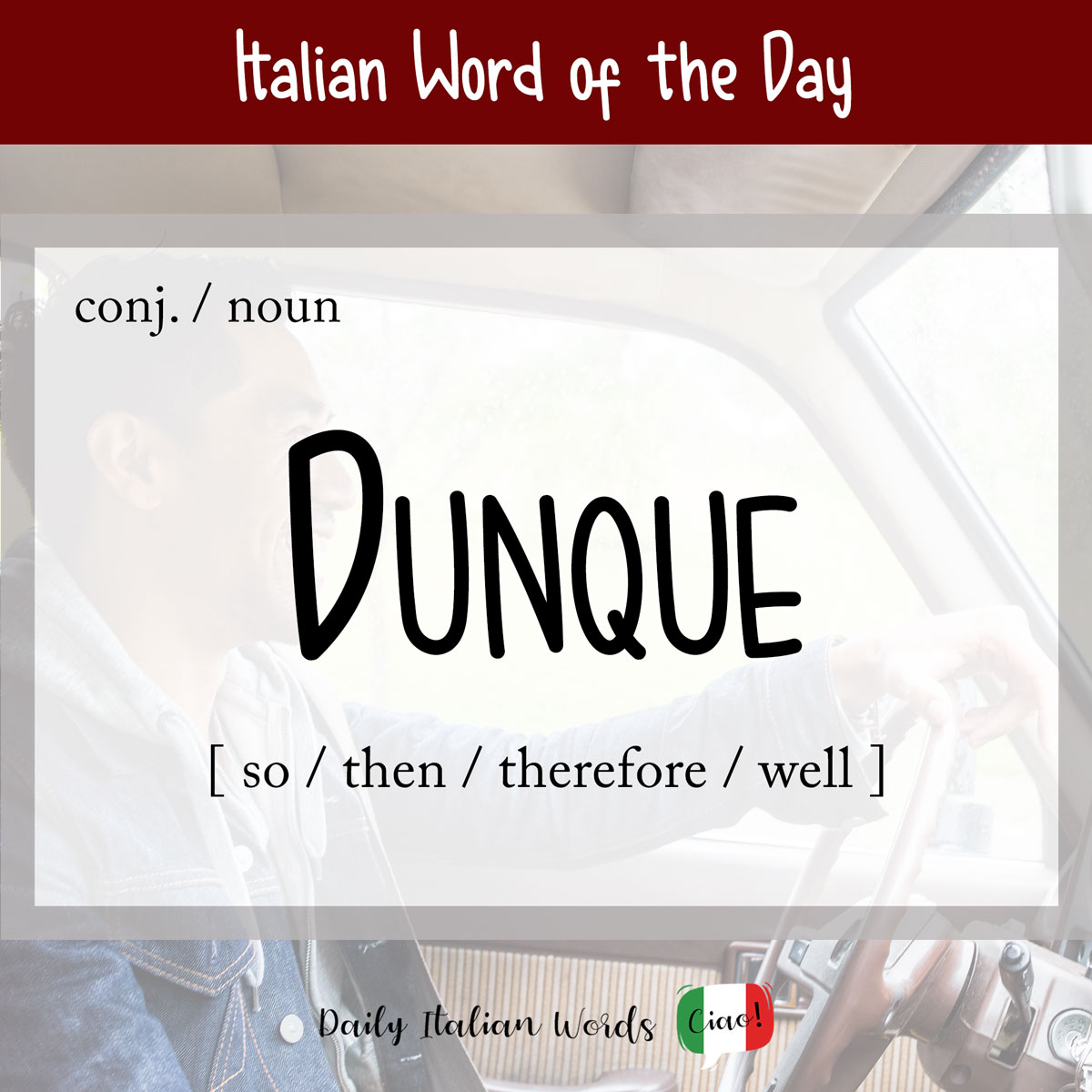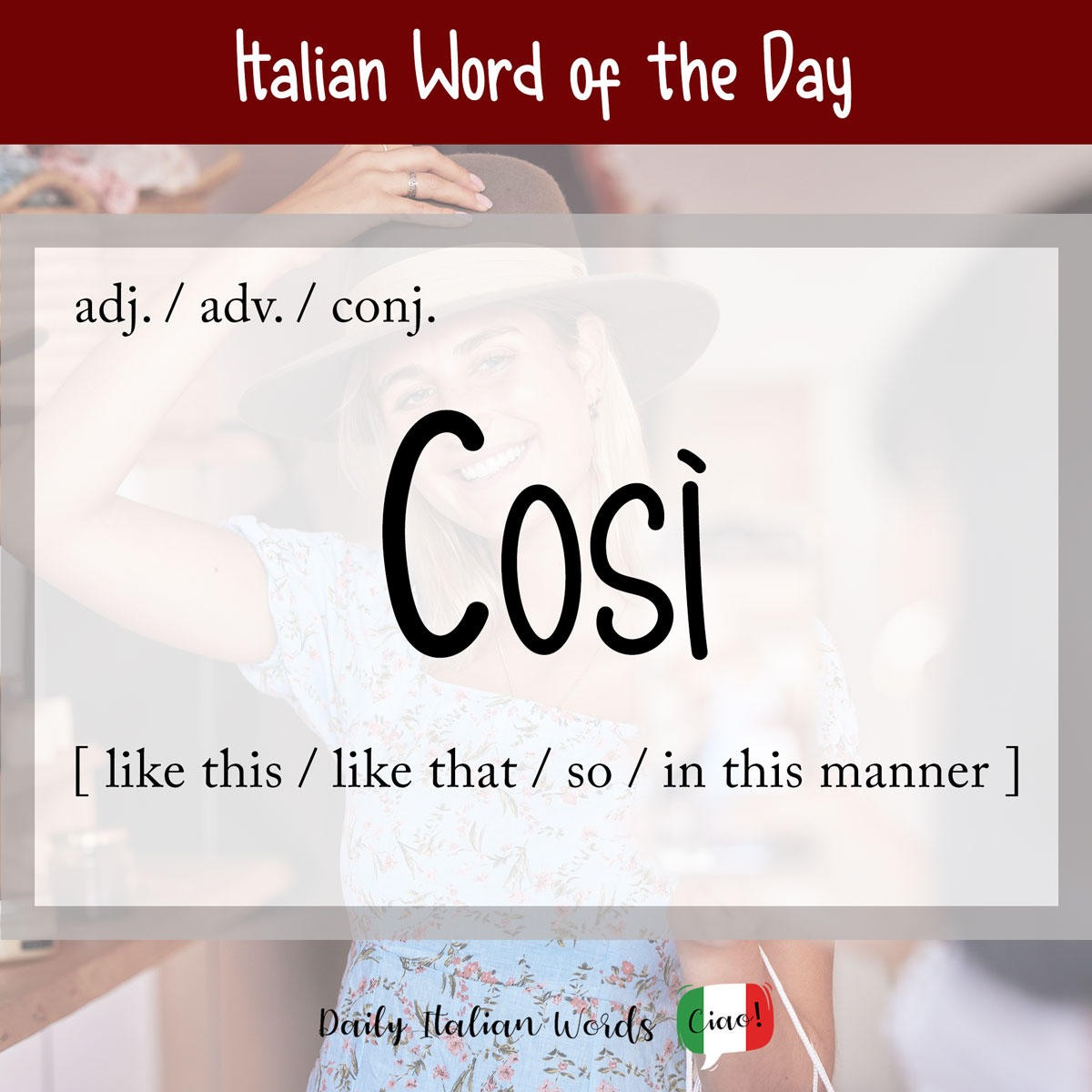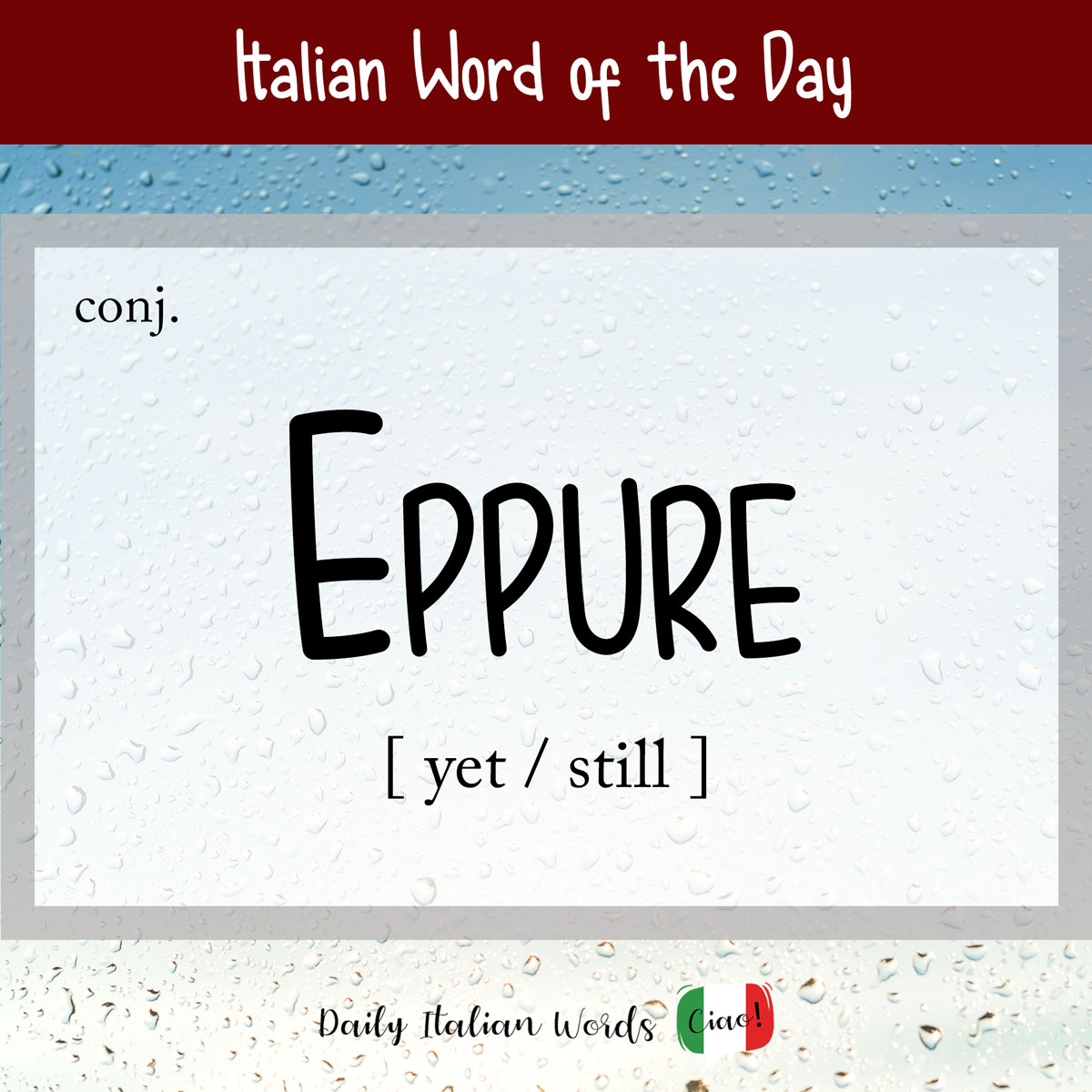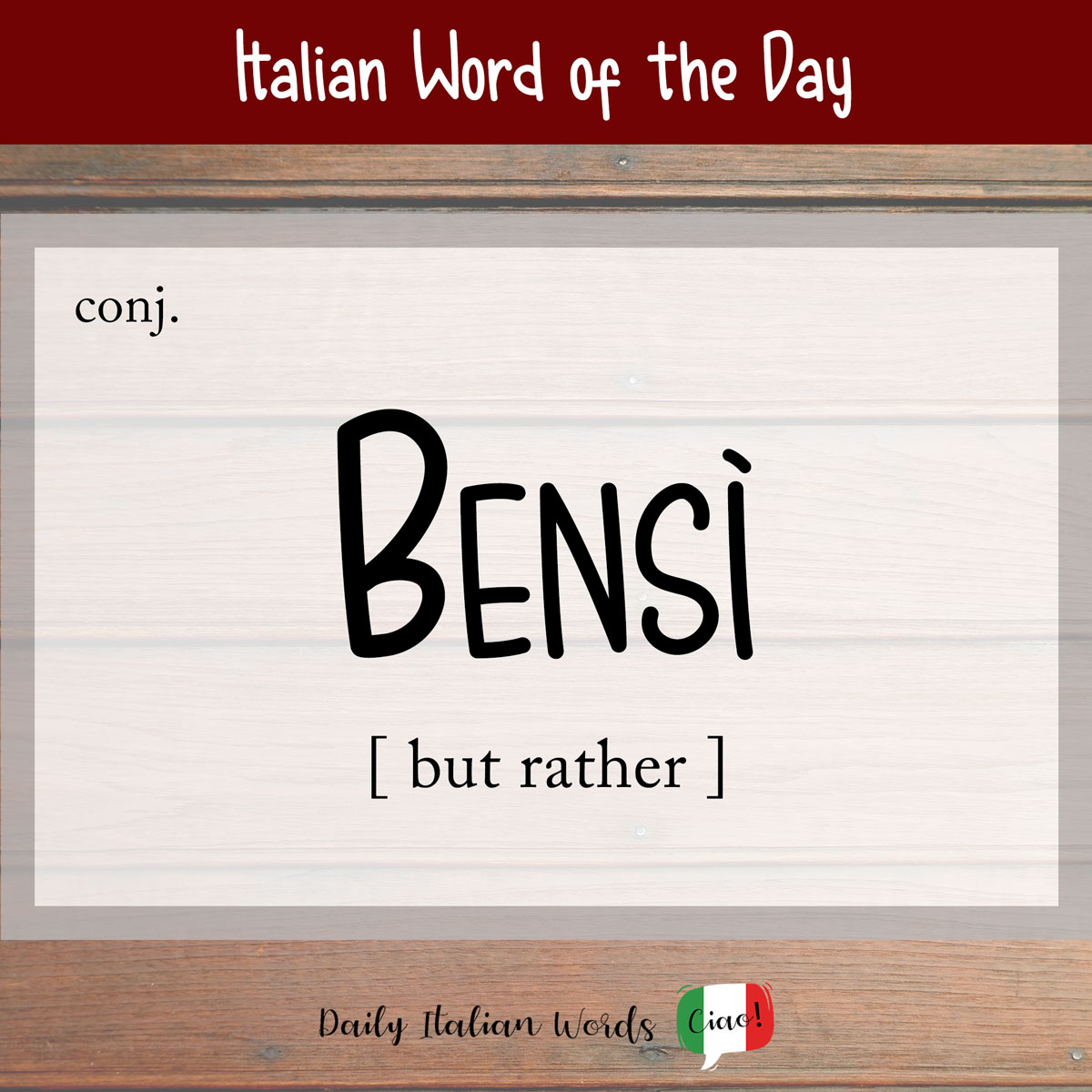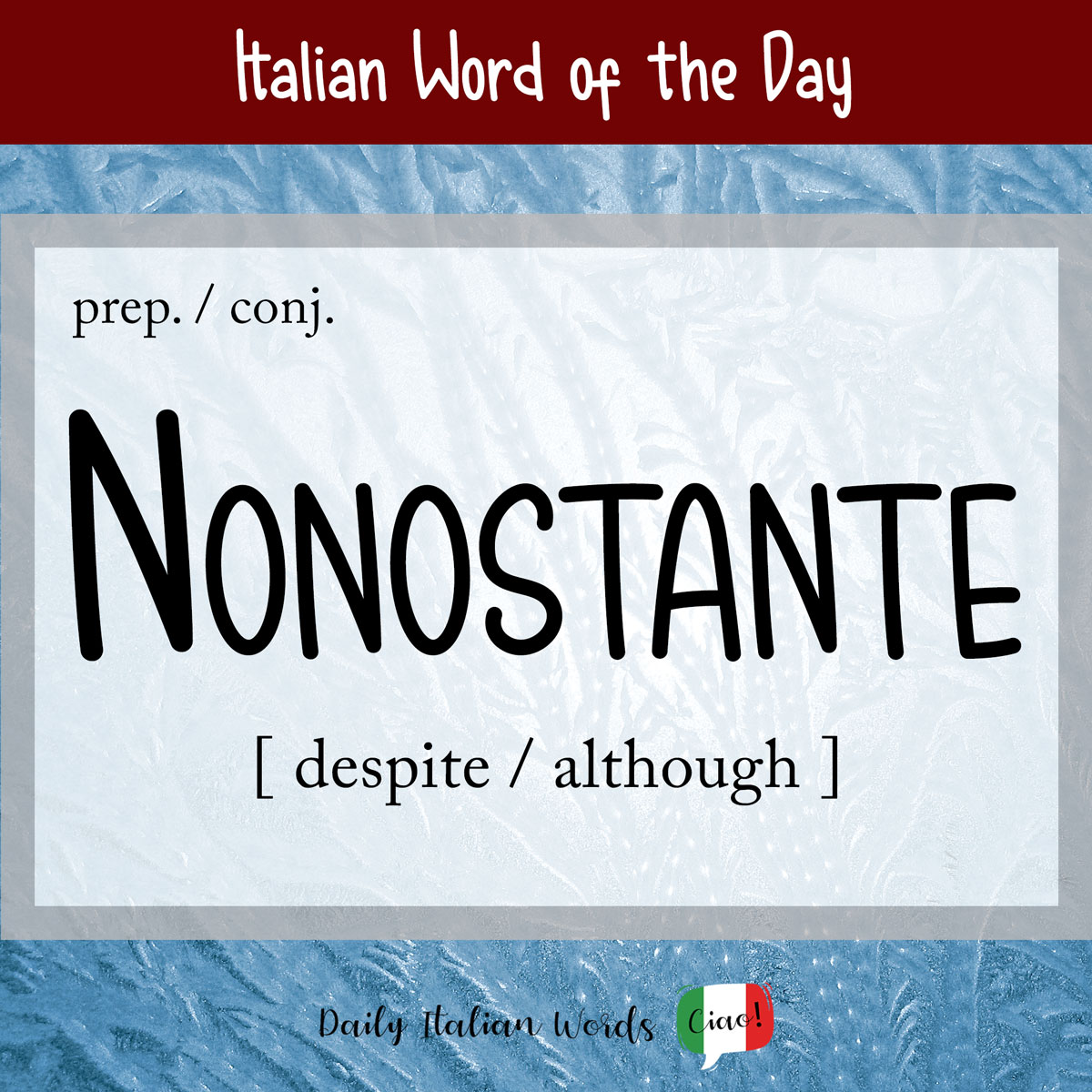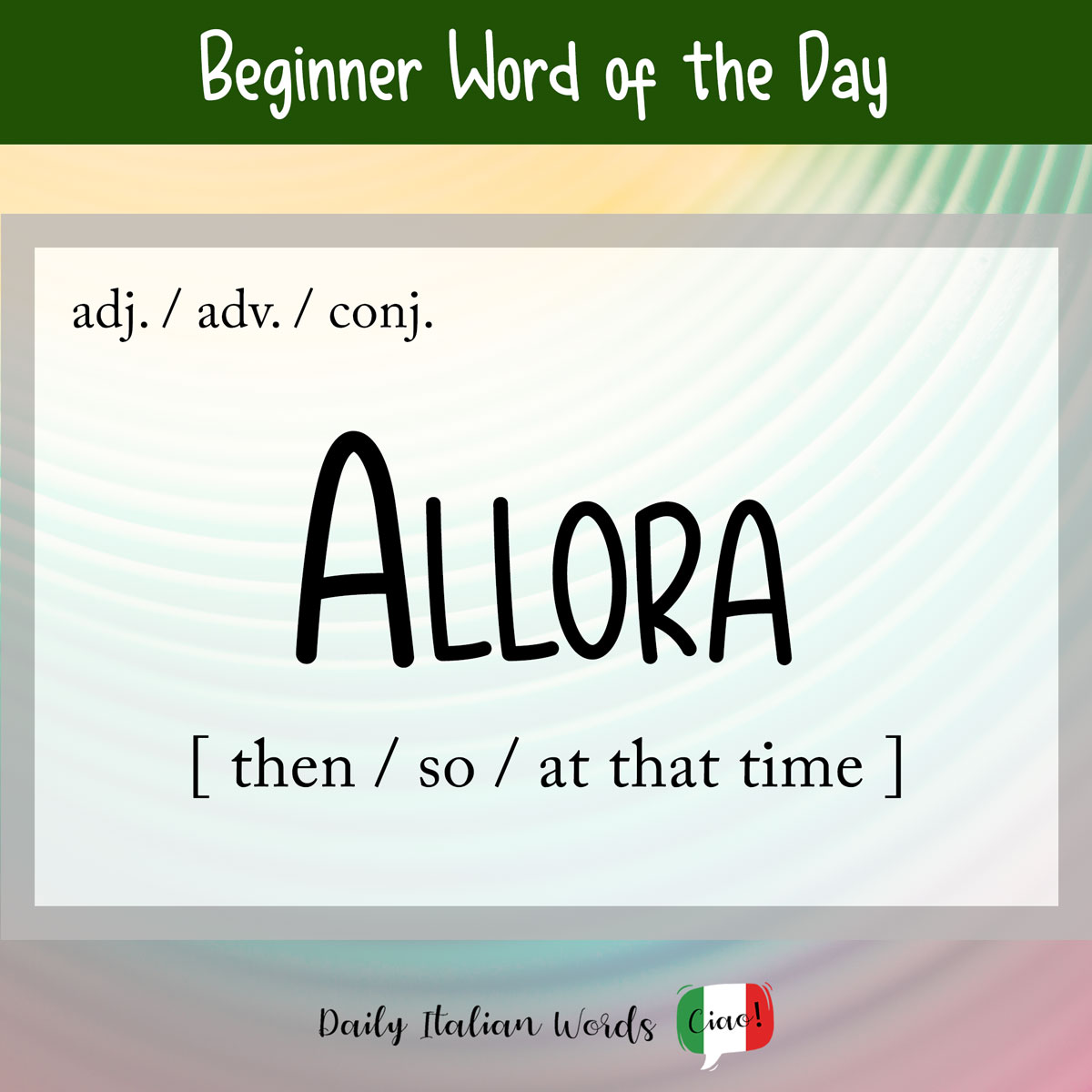Italian Word of the Day: Dunque (so / then / therefore / well)
Today we’re going to be investigating a lovely word that every learner of Italian should master – dunque – which translates to so, then, therefore or well depending on the surrounding context. dunque so / then / therefore / well Dunque comes from the Vulgar Latin *dunquam, which is a cross of the Vulgar Latin …

